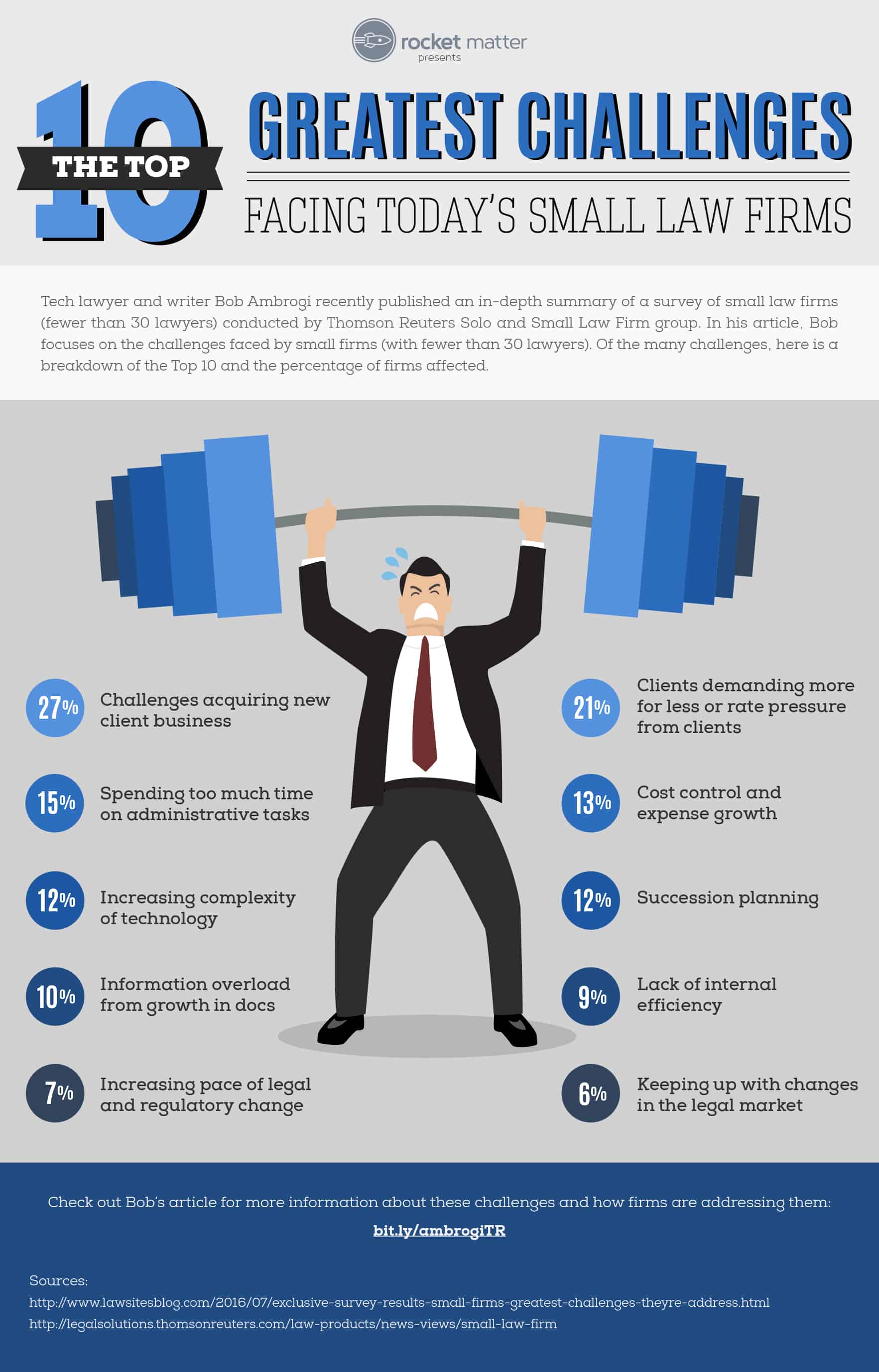An In-Depth Guide To The Criminal Trial: Step-By-Step Insights Into The Refine
An In-Depth Guide To The Criminal Trial: Step-By-Step Insights Into The Refine
Blog Article
Content Develop By-Winters David
When you step into a criminal trial, you might be shocked by the organized process that unfolds. All of it starts with jury choice, where possible jurors are scrutinized for prejudices via an approach called "voir dire." After that, both sides offer their opening declarations, setting the stage for the proof and statements to comply with. You'll see just how the prosecution and protection develop their cases, however what happens next can substantially impact the result. Understanding these phases can expose the complexities of justice, but there's even more to discover about the critical moments that follow.
Court Selection Process
When it concerns the jury choice process, you're diving right into a crucial stage of a criminal trial. This process, commonly called "voir dire," entails doubting possible jurors to guarantee they're unbiased and with the ability of delivering a fair verdict.
You'll see both the prosecution and defense attorneys getting involved actively, each intending to choose jurors that align with their case's story.
During voir dire, you'll notice that attorneys ask concerns about jurors' backgrounds, ideas, and experiences. Their goal is to identify any pre-existing biases that can influence a juror's choice. As a juror, you may feel a mix of nervousness and interest, but your sincerity is vital.
After questioning, attorneys can challenge particular jurors for reason if they believe a juror can not stay objective. They can likewise make use of a limited variety of peremptory challenges to reject jurors without stating a reason.
Trial Phases Explained
The stages of a criminal test play an important duty in making sure a reasonable and organized procedure.
You'll first run into the opening statements, where both the prosecution and defense detail their instances. This sets the stage wherefore's to come.
Next, the prosecution presents its proof and witnesses, aiming to show the defendant's regret past a sensible uncertainty. You'll see direct assessment adhered to by interrogation, enabling both sides to test the here and now info.
After the prosecution rests its case, it's the defense's turn. They'll present their proof and witnesses, commonly concentrating on creating practical question. You'll observe that the defense does not have to verify virtue; they just need to test the prosecution's instance.
Once both sides have presented their arguments, you'll listen to shutting statements, where each event summarizes their situation. This is vital as it strengthens their positions before the jury ponders.
Throughout these phases, the court makes certain that the trial sticks to legal criteria which the civil liberties of both celebrations are secured.
Recognizing these phases will assist you appreciate the complexities involved in a criminal trial and the importance of each action in the pursuit of justice.
Judgment and Punishing
Besides evidence has been presented and disagreements made, the jury or judge delivers a decision, determining the accused's regret or virtue. If you belong to the court, you'll ponder with your other jurors, discussing the evidence and your perceptions. This process can take time, as you'll want to guarantee everybody settles on the decision based on the realities.
As soon as a decision is gotten to, it's introduced in court. If the offender is condemned, the following stage is sentencing. This is when the judge makes a decision the suitable penalty. You might see that different factors influence the sentence, such as the intensity of the criminal activity, the offender's past record, and any kind of mitigating circumstances.
The judge might enforce a variety of sentences, from fines and community service to jail time. Sometimes, https://www.dailylocal.com/2022/10/11/not-guilty-verdict-brings-end-to-2019-west-chester-university-sex-assault-case or prosecution can offer debates regarding sentencing, attempting to guide the judge's choice.
If the accused is found not guilty, they're acquitted, and no punishment complies with. Keep in mind that a guilty decision can usually result in appeals, where the accused might test the verdict or the sentence enforced.
click this link here now
In a criminal test, you've seen how vital each action is, from jury selection to the final judgment. You have actually complied with the prosecution and protection as they build their cases, aiming to convince the court. Once deliberation completes, the decision identifies the outcome, and if the accused is condemned, the sentencing phase starts. Understanding these procedures assists you appreciate the complexities of the justice system and the relevance of each function in making certain a fair test.
